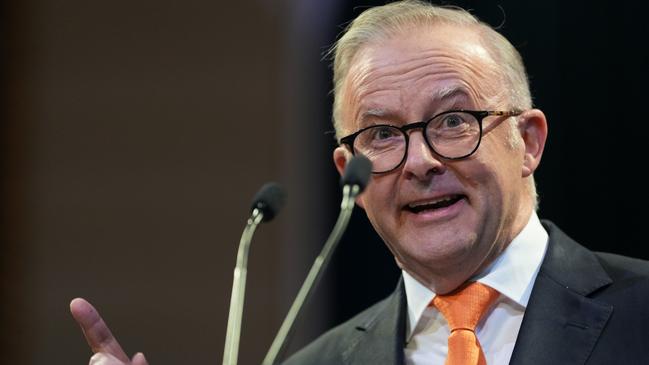
Amid the blanket advertising afforded to TikTok in the AFR last week was this rib-tickler.
“Remember how it felt when you discovered your favourite book?
“The one you didn’t want to end? For a new generation, that moment is happening on #BookTok.”
For the gloriously uninitiated, BookTok is a subcommunity on the video sharing app where users talk about literature.
The TikTok ad – which is targeting parents, not children – would have you believe that the social media platform is helping Aussie teens fall in love with reading.
It’s as brazen a claim as it is dangerous.
There’s mountains of evidence that show the damage that social media platforms inflict on teenage hearts and minds that are ill-equipped to deal with the bullying and societal pressures that the apps facilitate, but there’s precious little data that suggests your kid benefits academically from occupying that online space.
And that’s because the idea – like so much about social media – is outrageously false.
Anthony Albanese says he is sticking to his policy guns in the battle against Meta and Google’s theft of news content, and in his quest to make the world of social media safer for Australian teenagers.
More power to him.
But he has a lot to lose. Any backdown in the face of the looming public charm offensive by the powerful social media platforms would be a moral and political surrender of the most egregious kind, and would heap misery on our most vulnerable generation.
It would also not augur well for the government’s inevitable future skirmishes with the big tech players on the safeguarding of journalism, and the vexed issue of AI.





